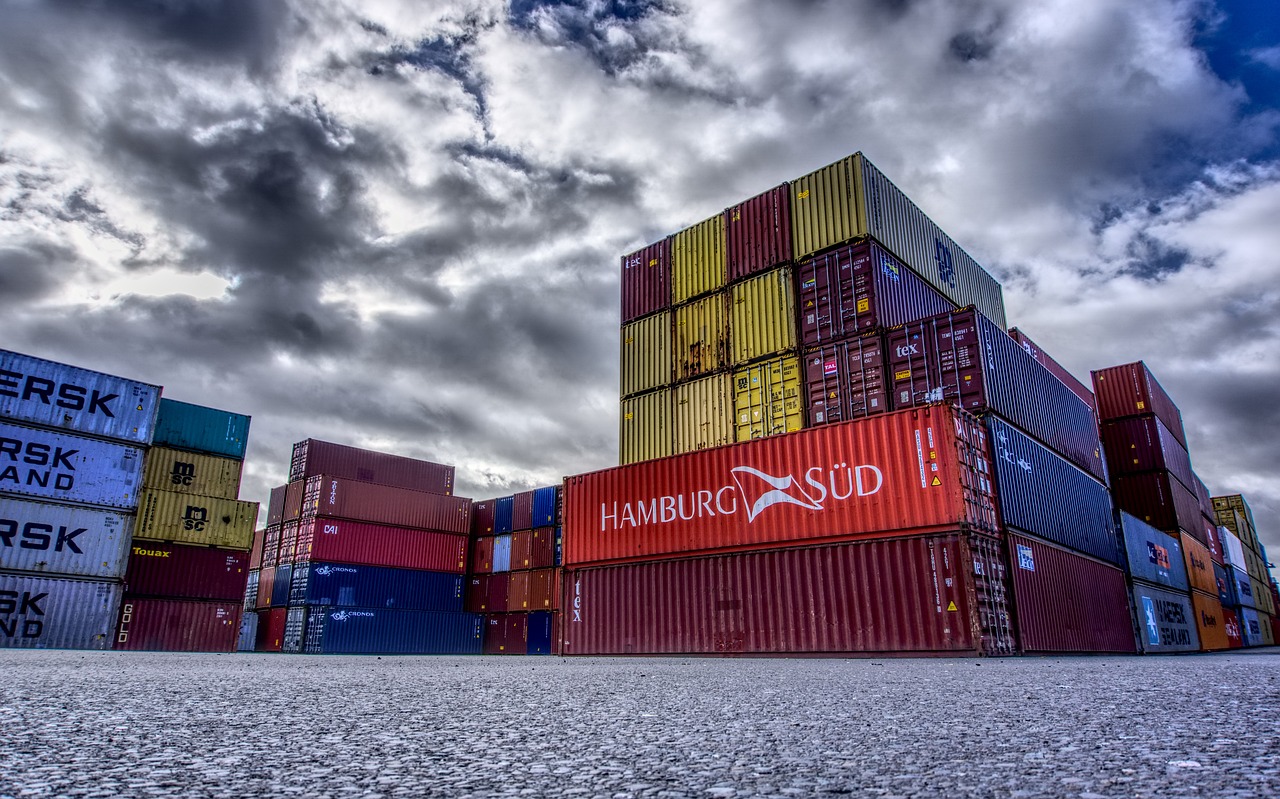

Quality Guarantee


Delivery in 2-5 business days
Proud member of


5.0 Stars on Google Reviews
Shipping containers offer an excellent solution for creating a storage unit due to their strong construction and secure design. However, it is crucial to know what not to store in these containers to ensure safety and maintain the integrity of both the container and its contents. This article will outline prohibited items and substances that should never be stored in shipping containers.

Added: 12/02/2024
One of the primary categories of items that should not be stored in a shipping container includes hazardous materials and substances. These items can pose significant risks to safety and health. Here are some specific examples:
Explosives and Fireworks: Storing things like explosives and fireworks is extremely dangerous due to their potential to cause fire or explosions.
Gasoline and Other Flammable Liquids: Items such as gasoline and other flammable liquids are a significant fire hazard and should be kept out of shipping containers.
Pesticides and Chemicals: Pesticides, chemicals, and other toxic substances can be harmful if they leak or are exposed to high temperatures.
Shipping containers are not designed to store perishable items. Without proper refrigeration or climate control, these items can spoil, leading to health hazards and unpleasant odors.
Produce: Fresh produce should not be stored in a shipping container as it can quickly deteriorate, attract pests, and create unsanitary conditions.
Animals: Shipping containers are not suitable for storing live animals. The lack of ventilation and proper care facilities can be harmful or fatal to animals.
There are additional items that, while not hazardous or perishable, are also not suitable for storage in shipping containers.
Batteries: Batteries, especially large industrial types, can leak harmful chemicals and pose fire risks.
Ammunition: Storing ammunition in a shipping container is not recommended due to the risk of accidental discharge or explosion.
While considering what not to store in your shipping container, it is also essential to follow general safe storage practices to ensure the container remains a safe and effective storage solution:
Ventilation: Ensure your container has adequate ventilation to prevent the build-up of fumes from any stored items.
Regular Inspections: Periodically check the container for any signs of leaks, corrosion, or damage that could compromise its integrity.
Climate Control: If you need to store temperature-sensitive items, consider installing climate control systems to maintain appropriate conditions.
Understanding what not to store in shipping containers is vital for maintaining a safe and effective storage unit. Avoid hazardous materials, perishable items, and other prohibited items to prevent accidents, health hazards, and damage to your container and its contents. By adhering to these guidelines, you can ensure that your shipping container remains a reliable and safe storage solution.